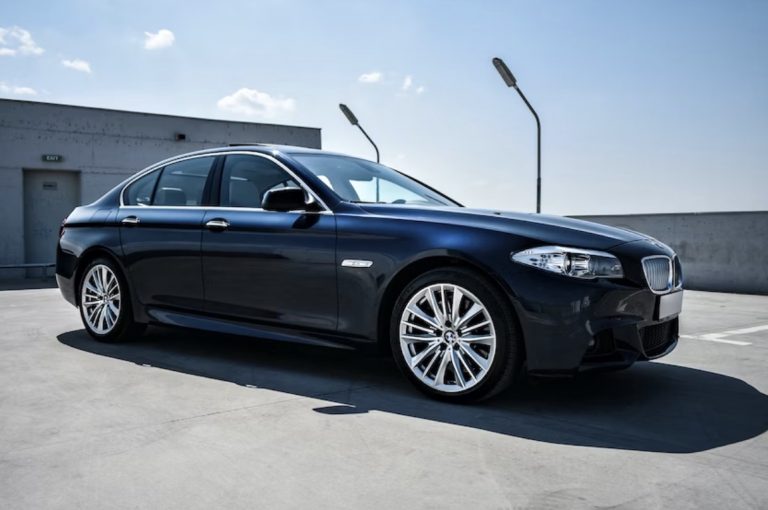A vehicle is a considerable investment, and many opt for leasing cars instead. However, after your leased car contract is over, leasing companies give you the option to trade a new lease, return or buy your vehicle at a discount than the retail price. Here are reasons why it can be worth buying your leased car and some tips to get the best deal.
Should You Buy Your Leased Car?
Here are some situations where purchasing your leased car is a good option.
1. Your Leased Car Got Damaged
Lease agreements allow minor wear as long it’s a scratch or bump. But if there is significant wear, the company can charge you a higher fine when you return your leased car. Buying the car will help you to avoid paying these fees and instead use it on a permanent thing you own.
2. You Used Above or Below the Allotted Mileage
Every leasing company has a mileage cap in their lease agreement. You will be charged for every mile you go above the limit, which can result in you wasting hundreds of dollars by paying these fees. You can put this money to good use when purchasing the car. If you’re significantly below the allotted mileage, your car may be worth more than your dealer is selling for. You can buy this car and sell it later for a profit.
Tips for Purchasing Your Leased Car
Here are some tips to help you get the best break and determine if you’re getting a good deal. You can look through Lease End options to help you get the best deal and make this process easier.
1. Buy It at the Correct Time
The price of your leased car depends on when you decide to purchase it. You may have to pay extra fees or charges. If you decide on an early buyout, you choose to purchase before your lease expires. Your lease agreement will probably contain information on how your leasing company deals with early buyouts. If you wait until your lease runs out, your company will have to decide to sell the car, and they’ll prefer to sell it to you.
2. Research the Value of the Car
You should research prices of the car you want to buy in different markets to see if your purchase is worth it. Check the retail value of the vehicle, which is what dealers are selling it for, and the wholesale value, which is what the dealer bought for at these prices, to determine if you’re getting a good deal. You can check the prices on online websites like Craigslist.
Then compare your research with the car’s residual value on your lease agreement. Usually, the leasing companies determine the car’s value by combining the residual value with the purchase option fee. Consider buying the car from somewhere else If the price dealer is selling to you and the prices of the research you did are not far apart.
3. Wait for the Leasing Company to Give You an Offer First
You may be inclined to discuss the buyout with your leasing company immediately, but you should wait. If you show the company eagerness, you may decrease the chances of negotiating a fair price with the leasing company. The leasing company typically calls you around 90 days before your lease is about to expire. You will have the advantage of negotiating a better price if they don’t know you’re interested.
4. Try Negotiating the Price
Most companies have a non-negotiating policy preventing you from reducing the price, but it won’t hurt to bring up the subject since you never know; you might get a deal if you ask. Ask the company for concessions like waiving the purchase option fee, purchase incentives, and financing discounts. Some companies might be willing to take off the purchase option fee.
Endnote
Leasing companies allow you to buy the car you leased for a price lower than the retail price. The situations in which purchasing the vehicle is a great option is if you damaged the car or went below or above the allotted mileage to avoid wasting money on paying the fees. Wait until the leasing company contacts you first, and buy the car after your contract ends. Research the car’s value, and try to negotiate with the seller to get a good deal.


0 Comments